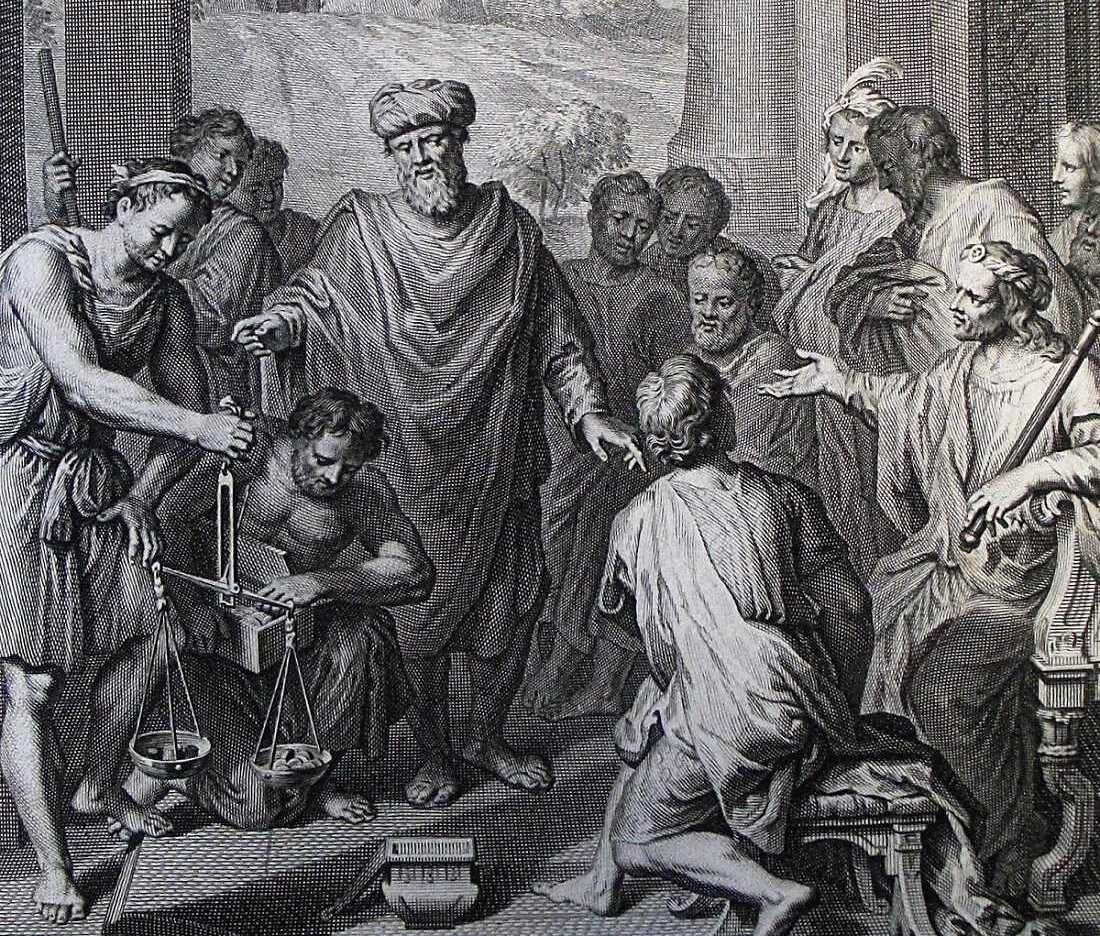There is a way to prevent future plagues. Just read the Torah. In the opening of parshat Ki Tiso we are told that the prescription to ward off plague is to support government.

Having encamped at Sinai, the Israelites are commanded to participate in a census and pay a tax. The purpose is clearly stated: “so that no plague will come upon them through their being enrolled.” Exodus 30:12. How prescient!
On its face, the formula works. We tally the citizens and tax them appropriately. In this way the government has sufficient funds to make repairs after natural disasters or fund vaccination programs.
For me, this passage begs a deeper question. What would our nation be like if we understood that the proper function of a government is a spiritual question as much as a political question. The coinage of our nation already states, “in God we trust.” That’s only a start.
Torah challenges us to infuse government with holy intention. Of course, that concept is fraught with danger in a world of manifold theological traditions. In a theocracy like ancient Israel, one religion controlled the political system. For them, the merging of spirit and governance was a simpler process.

Here in the United States, as a nation of immigrants, we have representation of all of the world’s major faiths. How could we ever achieve an acceptable definition of holiness to apply to the operation of our government? I imagine holding a conference of religions to debate the qualities of holiness. I wonder what tenets of each religion would align with all other religions. What are the universal truths that engender holiness? Is it preservation of life? Love of the stranger? What are the essential elements of holiness that every person would hold inviolable no matter what their religion? And could we apply those to the functioning of a government?
Perhaps my imagining is of a messianic time, when all endeavors will be permeated with sanctity for all people and all religions. Until then, there’s no harm in bringing sacred musings into the political discourse.
Rabbi Evan J. Krame





